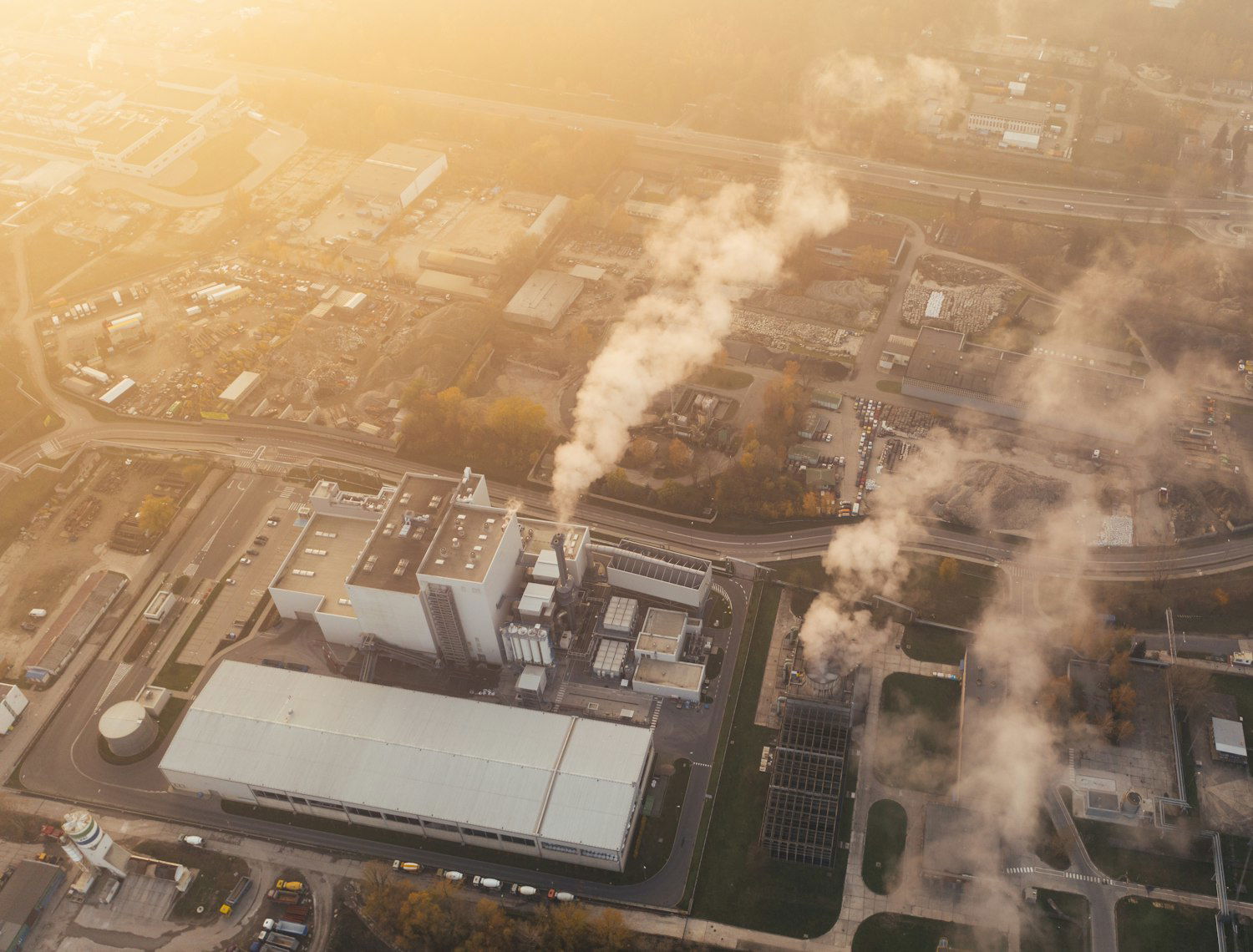Understanding global warming:an urgent call to action

Global warming, a critical aspect of climate change, is the long-term increase in Earth's average surface temperature due to human activities, primarily the emission of greenhouse gases (GHGs). This phenomenon poses significant risks to the planet's ecological balance, human health, and socioeconomic stability.
#### The Science Behind Global Warming
At the heart of global warming lies the greenhouse effect. GHGs, such as carbon dioxide (CO2), methane (CH4), and nitrous oxide (N2O), trap heat in the Earth's atmosphere, preventing it from escaping into space. This natural process keeps our planet warm enough to support life. However, human activities, particularly the burning of fossil fuels (coal, oil, and natural gas) and deforestation, have amplified this effect by increasing GHG concentrations to unprecedented levels.
Since the Industrial Revolution, atmospheric CO2 levels have risen from about 280 parts per million (ppm) to over 415 ppm. This dramatic increase correlates with a rise in global temperatures, with 19 of the 20 warmest years on record occurring since 2001. The Intergovernmental Panel on Climate Change (IPCC) reports that the Earth's surface temperature has risen by approximately 1.2°C (2.2°F) since the late 19th century, with significant consequences.
#### Impacts of Global Warming
1. **Environmental Effects**:
- **Melting Ice and Rising Sea Levels**: Polar ice caps and glaciers are melting at an alarming rate, contributing to sea level rise. This threatens coastal communities and ecosystems with increased flooding and erosion.
- **Extreme Weather Events**: Global warming intensifies the frequency and severity of extreme weather events, including hurricanes, heatwaves, droughts, and heavy rainfall. These events disrupt ecosystems, agriculture, and water supplies.
- **Biodiversity Loss**: Changes in temperature and weather patterns affect wildlife habitats, leading to shifts in species distributions and, in some cases, extinction. Coral reefs, for example, are highly vulnerable to temperature increases, resulting in widespread coral bleaching.
2. **Human Health and Socioeconomic Impacts**:
- **Health Risks**: Rising temperatures and extreme weather events increase the prevalence of heat-related illnesses, respiratory problems, and vector-borne diseases like malaria and dengue fever.
- **Food and Water Security**: Altered weather patterns affect crop yields and water availability, threatening food security and livelihoods, particularly in vulnerable regions.
- **Economic Costs**: The economic impact of global warming is profound, with costs arising from damage to infrastructure, reduced agricultural productivity, and increased healthcare expenses. The World Bank estimates that climate change could push an additional 100 million people into poverty by 2030.
#### Addressing Global Warming
Mitigating global warming requires a multifaceted approach, involving both mitigation and adaptation strategies:
1. **Reducing Greenhouse Gas Emissions**:
- **Transition to Renewable Energy**: Shifting from fossil fuels to renewable energy sources like solar, wind, and hydroelectric power is crucial. Investments in clean energy technologies can reduce CO2 emissions and create sustainable jobs.
- **Energy Efficiency**: Improving energy efficiency in buildings, transportation, and industry can significantly reduce GHG emissions. This includes adopting energy-efficient appliances, enhancing insulation, and promoting public transportation.
- **Reforestation and Conservation**: Protecting and restoring forests, wetlands, and other natural carbon sinks can help absorb CO2 from the atmosphere. Sustainable land management practices are vital for maintaining biodiversity and ecosystem services.
2. **Adaptation Strategies**:
- **Infrastructure Resilience**: Strengthening infrastructure to withstand extreme weather events and rising sea levels is essential for protecting communities and economies.
- **Water Management**: Developing efficient water management systems can ensure reliable water supplies in the face of changing precipitation patterns.
- **Agricultural Adaptation**: Implementing climate-smart agricultural practices, such as crop diversification and soil conservation, can enhance food security and resilience to climate impacts.
#### The Role of Policy and International Cooperation
Addressing global warming requires coordinated global action. The Paris Agreement, adopted in 2015, aims to limit global temperature rise to well below 2°C above pre-industrial levels, with efforts to keep it below 1.5°C. Achieving these goals necessitates national commitments to reduce GHG emissions and financial support for developing countries to adopt sustainable practices.
#### Conclusion
Global warming is a defining challenge of our time, demanding immediate and sustained action from individuals, communities, governments, and businesses. By understanding the science, acknowledging the impacts, and implementing effective strategies, we can mitigate the worst effects of global warming and safeguard the planet for future generations. The urgency to act is clear—now is the time to embrace a sustainable future.
The great article with great tittle